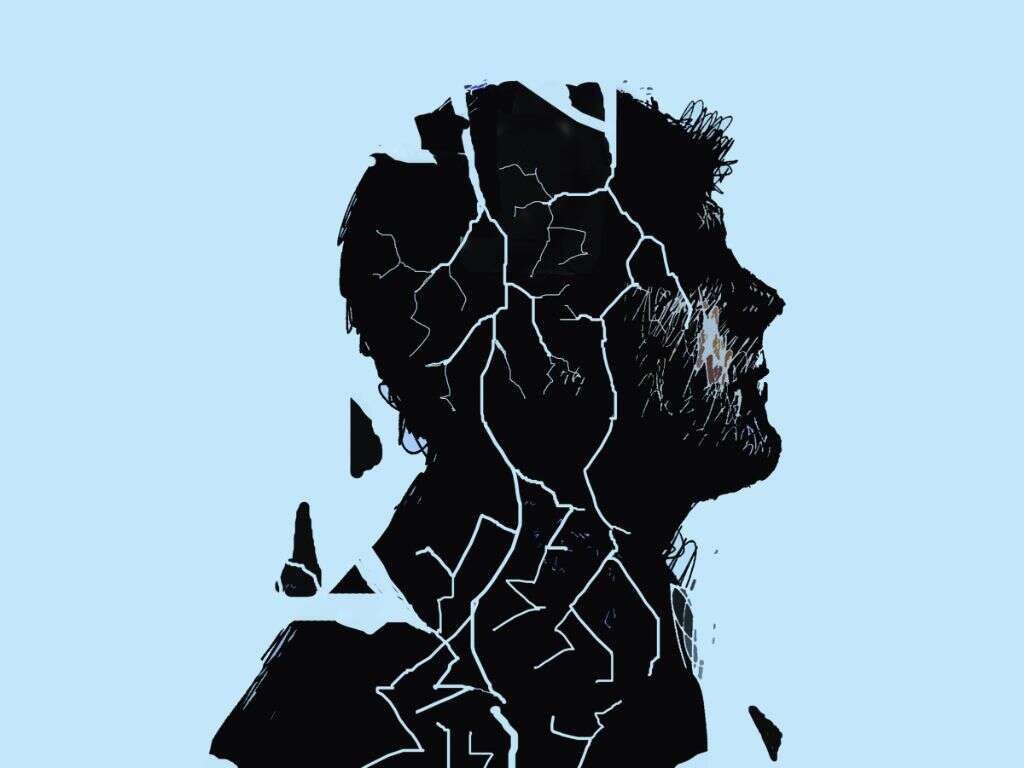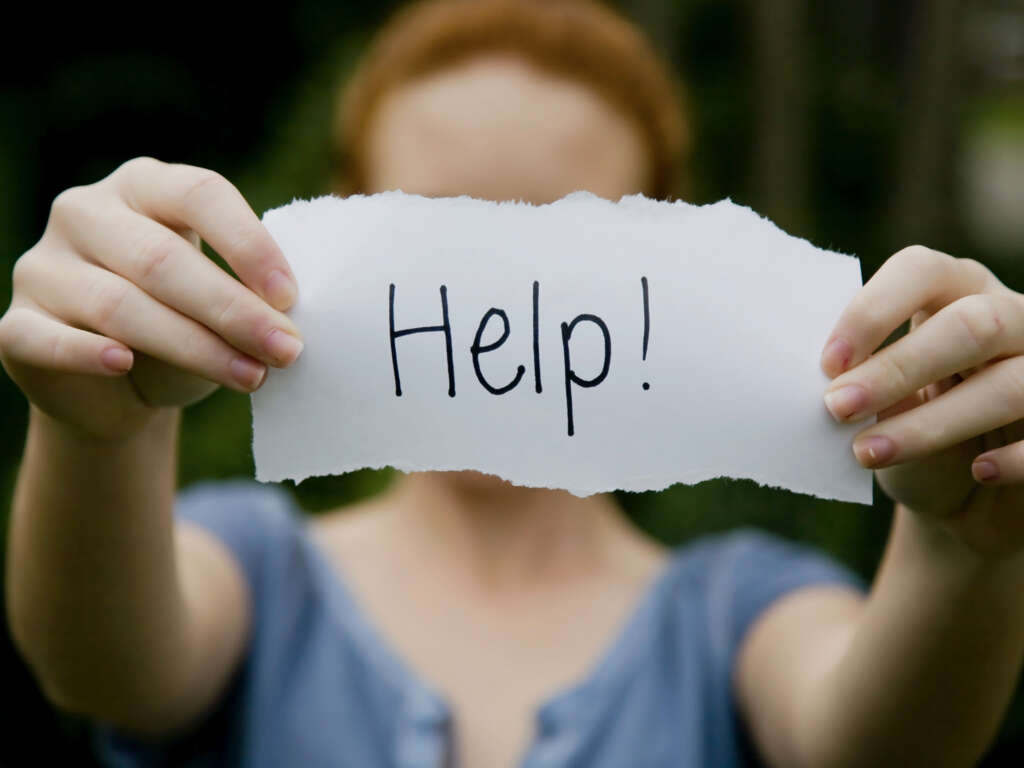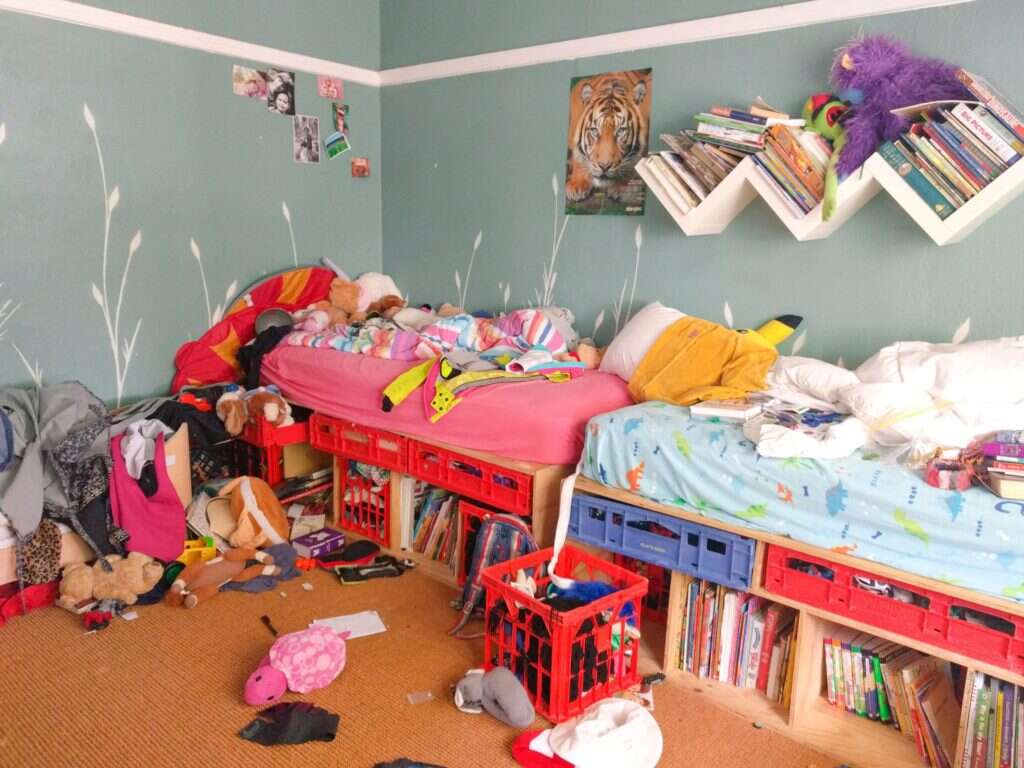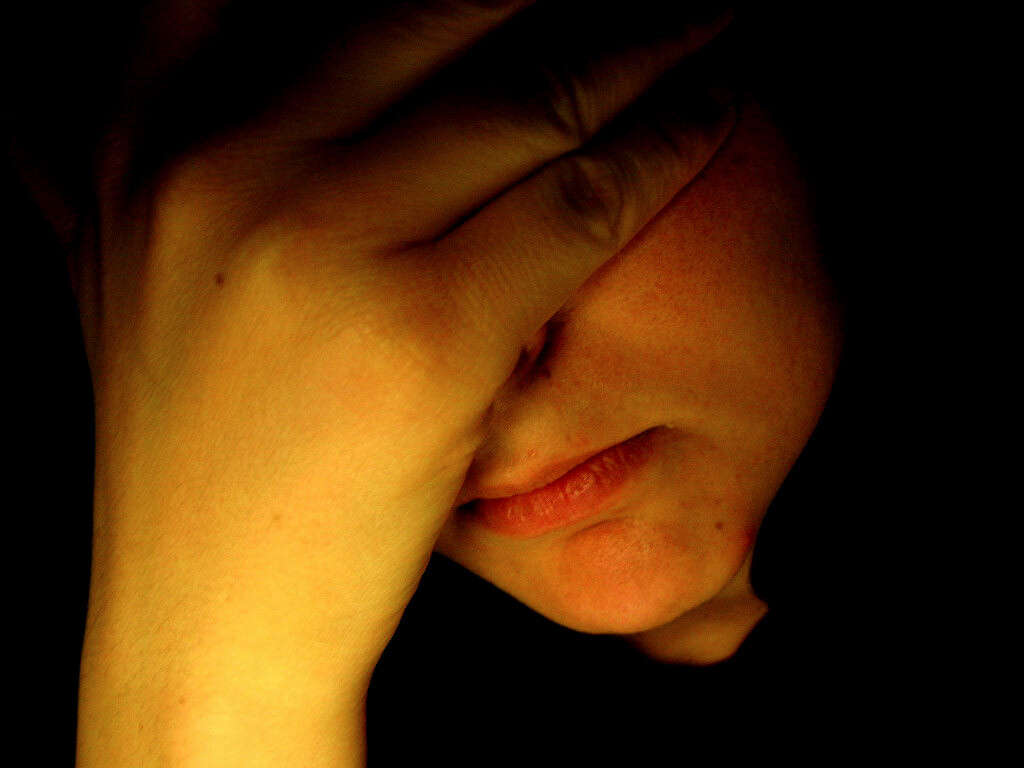10 Symptoms of Bipolar Depression
It is not uncommon for people to feel down sometimes. It is usually only a temporary situation, though, and we generally spring back from whatever is pulling us down. These temporary feelings are sometimes confused with clinical depression, which is actually a different condition.
Depression is more than just feeling down because something bad has happened; rather it is a clinical condition that makes people feel bad about themselves and the world around them. Depression can be extreme and lead to thoughts of suicide. Bipolar depression is a condition that involves not only symptoms of depression but also involves other symptoms that can be quite severe 1https://www.bphope.com/everything-you-ever-wanted-to-know-about-bipolar-depression/.
Symptom #1: Depression
The world can be a very difficult place and we can experience some unpleasant things. Occasionally, this will get us down and we can feel terrible about life. It is, unfortunately, just a part of life but we tend to pull through after some time.
The most common symptom of bipolar depression is clinical depression, which is not to be confused with simply feeling a bit down. It is not something that can be shaken off with a positive attitude or by going for a run. The person with the condition has no control over it and it can lead them to very dark places for extended periods of time.
Symptom #2: Hallucinations
Our eyes and ears act as sensors that detect what is physically around us and send that information to our processing center… the brain. The brain then converts the light signals and sound waves to form visual and audio images of what is around us. Our processing center is incredibly accurate and reliable – usually.
However, sometimes the brain is not processing correctly, and it will begin to produce visual and audio images that are simply not there 2https://www.webmd.com/brain/what-are-hallucinations#1. People with bipolar depression can suffer from audio and visual hallucinations that can seem very real to them. Hearing voices is one hallucination that may sound stereotypical, but for bipolar sufferers it is a very real symptom.
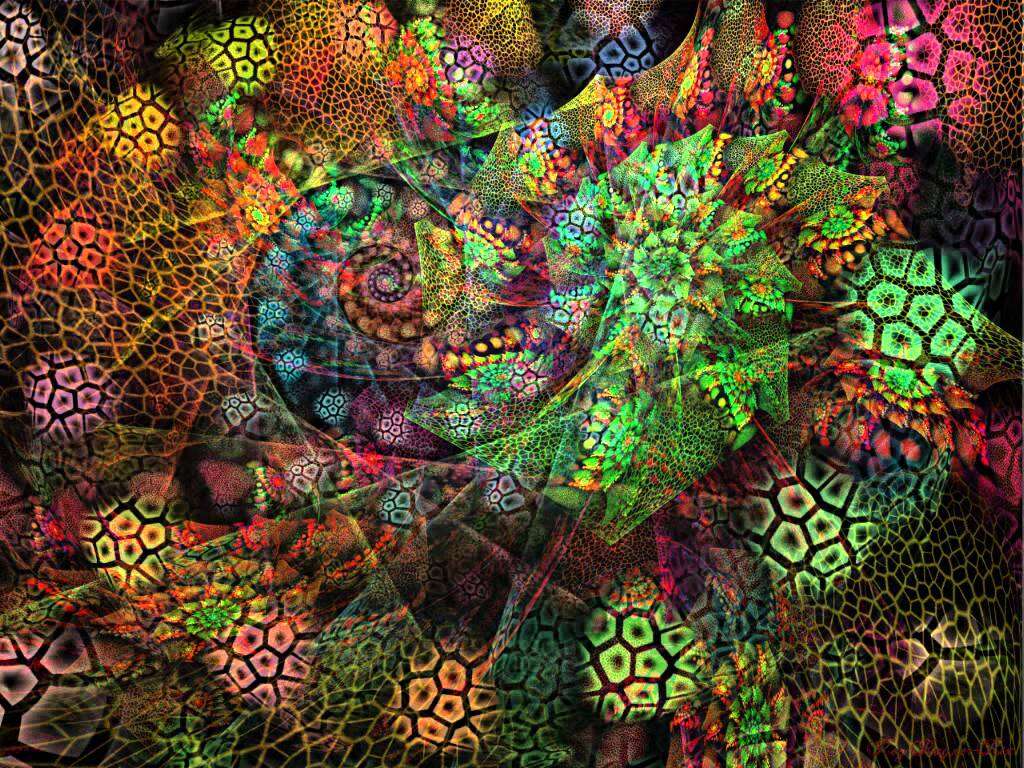
Symptom #3: Delusions
While we live in a world that is very much based in reality, we are also free to explore fiction at will. Our minds are able to create all sorts of characters and scenarios that don’t exist and, for the most part, this is a good thing. People with bipolar depression, however, often find that the lines between fiction and reality become blurred, and this can make life very difficult.
For a person with bipolar depression, fictions played out in their mind become reality. These fictions are often negative with narratives of impending disaster. It can be important for people around them to realize that, although to them it is fiction, it is still very real to the person experiencing the delusion.
Symptom #4: Mood Swings
We are usually affected to some degree by events and people around us. People can do things that annoy us greatly or they can do things that please us. These mood swings are not usually severe and can be justified in context.
For people with bipolar disorder, though, such swings can be frequent and severe, making sufferers unpredictable and difficult to please. The swings also tend to be caused for no apparent reason, and they can swing back just as easily.

Symptom #5: Mania
It’s nice to feel happy. When we’re happy, everything around us is good and the future looks promising. Many of us are happy throughout much of our lives, even though there will be sometimes when we feel down. Although being happy is a good thing, it is possible that we can feel too happy – even when we should not be.
One of the key differences that differentiate bipolar depression from unipolar depression is mania. In essence, mania takes happiness to irrational extremes. Bipolar disorder sufferers can experience mania even when their lives are looking bleak.
Symptom #6: Irritability
While some of us have more patience than others, it is likely we will all become irritated at least once in our lives. People can be unpleasant or annoying, things can go wrong, delays can happen. We become irritated usually in response to a genuine reason.
People with bipolar depression, however, can become irritable even when there is no apparent reason. Just the presence of other people can be enough to irritate them. The slightest discomfort can become a big deal; not having everything just right can make bipolar sufferers quite unhappy. Irritability is unpleasant not only for them but for others around them as well.
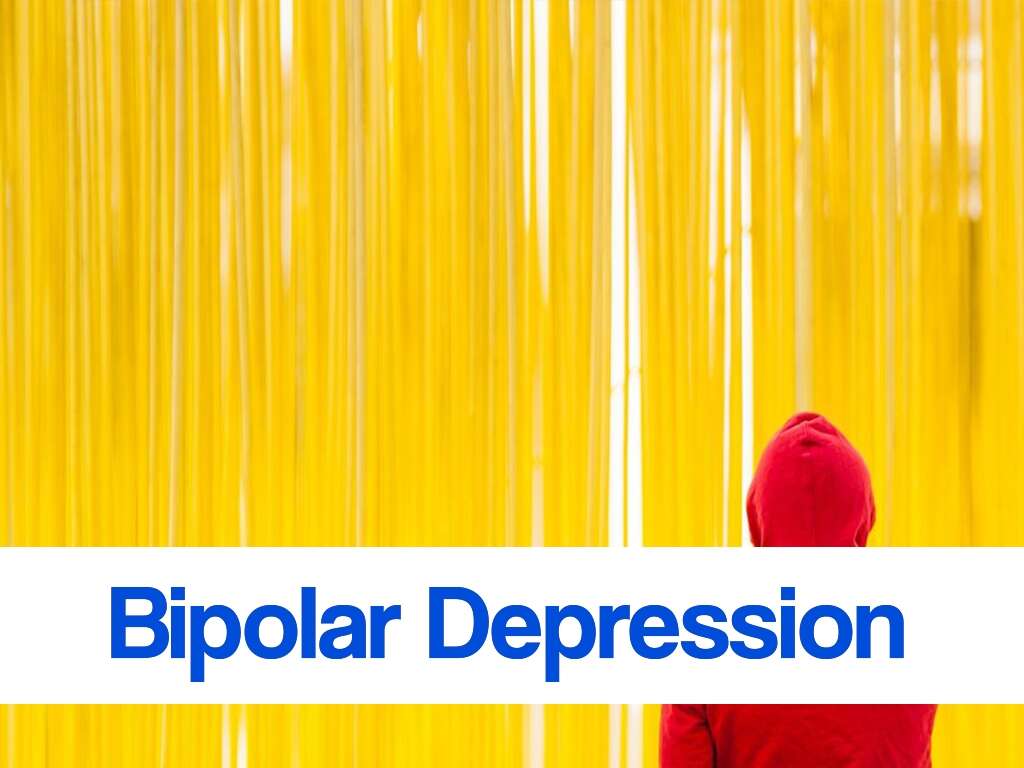
Symptom #7: Substance Abuse
Most of us have used drugs and alcohol at one point in our lives. Some of us will use them regularly, others more sparingly, some not at all. While there are obvious risks associated with these substances, they don’t usually have a serious negative impact on our lives.
For people with bipolar depression, however, substance abuse is often a very real problem indeed. Substances such as drugs and alcohol create a temporary escape from chronic depression or mania. This can lead to abuse, which in turn leads to an increased chance of ill health and even dependency.
Symptom #8: Loss of Energy
Work and other activities can be tiring. After a hard day, we often want to just come home and chill, with no energy to doing anything active. Generally speaking though, we look forward to activities and getting involved when we can.
However, people with bipolar disorder will find they rarely have the energy or enthusiasm to get involved in any activities, which will also impact their social lives. They will even have less enthusiasm for their favorite activities, eventually dropping out of them altogether.
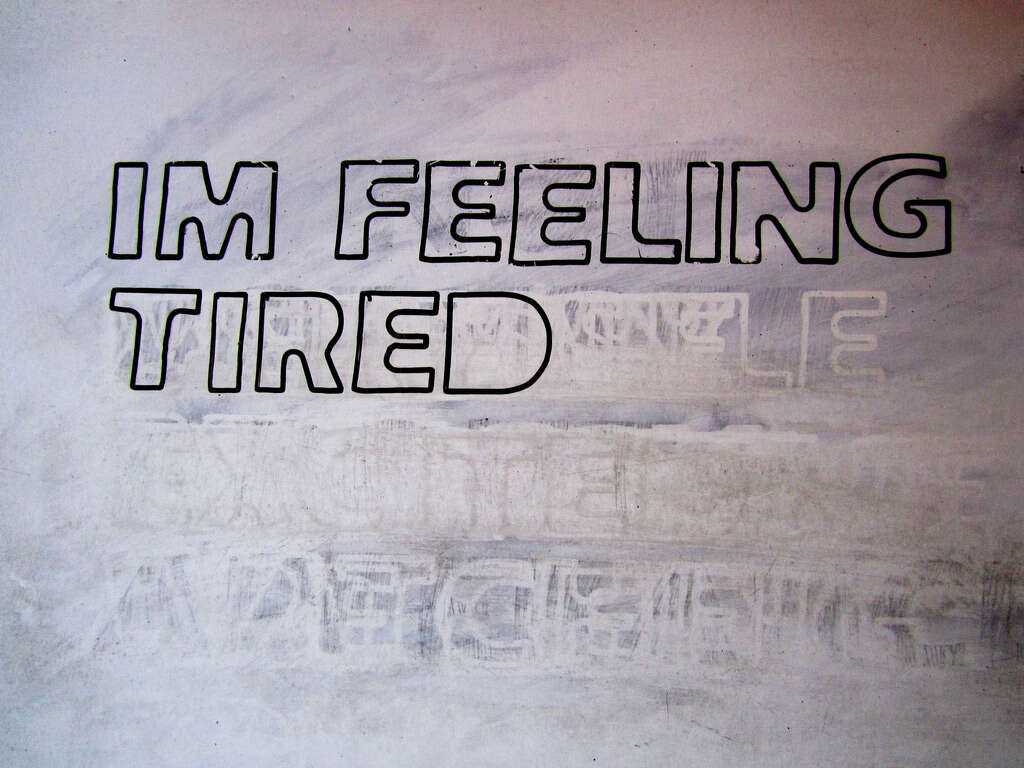
Symptom #9: Erratic Sleep
Our body clocks ensure that we are awake when we are at our most productive. Asides from those with alternative sleeping patterns, the cycle of waking in the mornings and sleeping at night works quite well for us. When this cycle begins to break down, though, life can get quite difficult. This is a symptom often experienced by people with bipolar depression.
People with the disorder find that their cycles can lose all rhythm and their sleeping patterns become erratic. Sleepless nights can mean being unable to function effectively the following day, while wanting to sleep during the day can be just as troublesome. A lack of sleep may also contribute to their development of other symptoms such as hallucinations, mania, or depression.
Symptom #10: Cognitive Loss
Our brains usually do not have to try too hard when working things out mentally, except for in the most challenging of situations. Our memory, judgement, and ability to solve problems usually stand us in good stead, helping to get us through the day. However, people with bipolar depression often find that working out even the simplest of things mentally can become difficult.
Cognitive loss is a symptom that can occur in people with the condition. They can become slower mentally, finding it difficult to perform the simplest of tasks. Their memories can suffer, they can find it difficult to understand things, and decision making can become very challenging.






